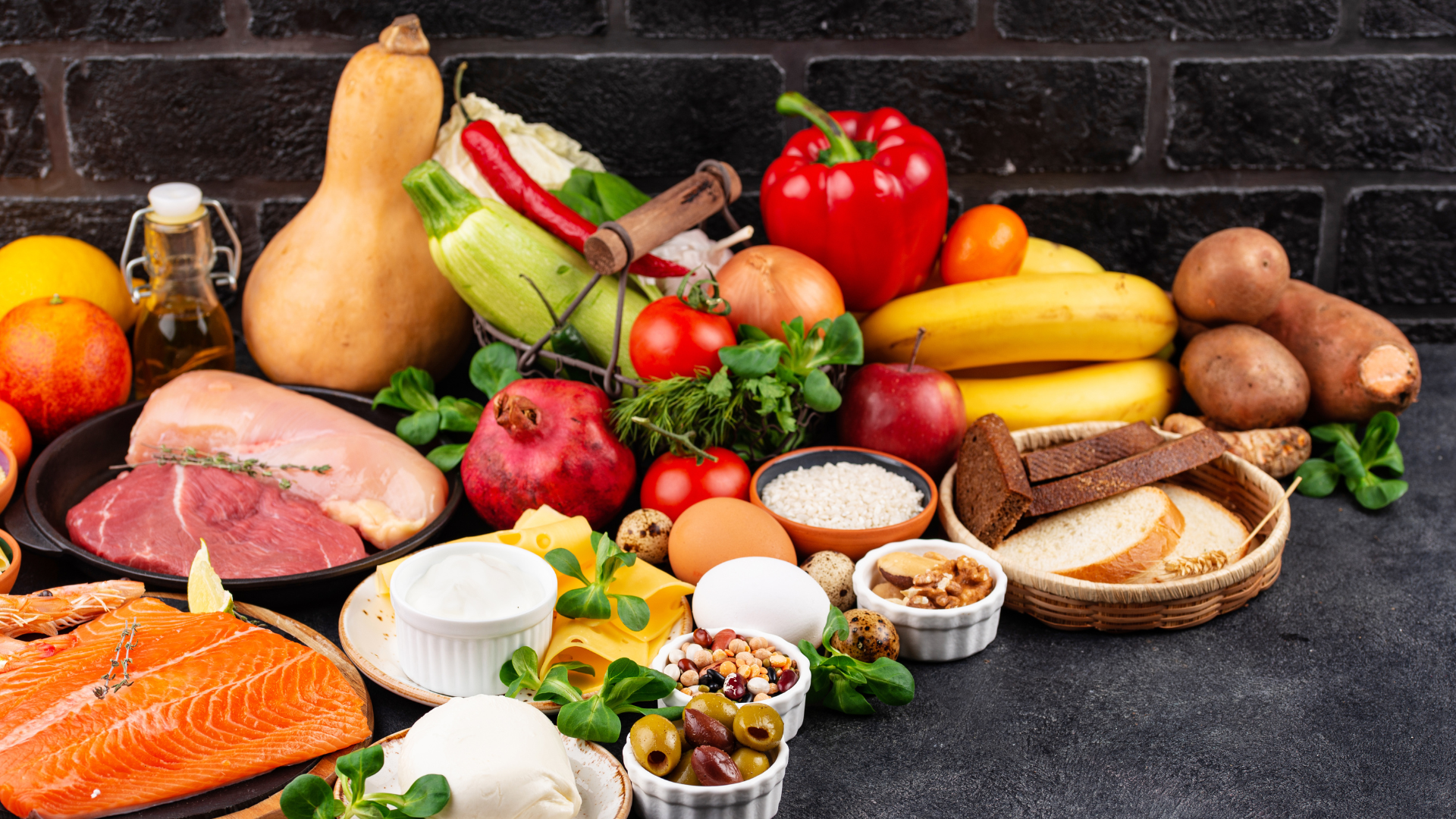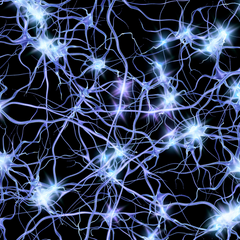Did you know that during intense training , glutamine levels in the body plummet ? This amino acid plays a crucial role in protein synthesis, and this reduction can negatively impact your strength, endurance, and recovery time . It can take up to 6 days for glutamine levels to return to normal after an intense workout, the solution? L-glutamine supplementation!
Studies have shown that L-glutamine supplementation can minimize muscle breakdown, aid in recovery, improve protein metabolism, and can also help reduce sugar cravings. In this post we explain everything you need to know about this amino acid!

What is glutamine and what is it for?
Glutamine is an amino acid that is classified as "non-essential." This means that, under normal conditions, the human body can synthesize enough glutamine on its own and it is not necessary to obtain it exclusively through the diet.
However, in certain situations such as illness, injury, or times of intense physical stress, glutamine may become conditionally essential , as the body's ability to synthesize it may not be sufficient to meet increased demands. Be that as it may, this amino acid is essential to perform certain functions in our body.
As a crucial component of proteins , glutamine plays an essential role in cell structure and tissue formation. It is also important in the proper functioning of the immune system , since immune system cells, such as lymphocytes and immune system cells in the intestine, depend on glutamine for their energy and activity.
In addition, glutamine is essential for the maintenance and proper function of the intestine as it helps repair intestinal cells, which have a rapid renewal rate. It is also involved in the transport of nitrogen between different tissues in the body, which is essential for protein synthesis and other metabolic processes.
Due to its diverse functions, glutamine supplementation has been used in various clinical situations, such as in patients undergoing surgery, burns, or in athletes undergoing intensive training. However, it is important to consult with a health professional before beginning any supplementation.

In what foods is glutamine found naturally?
Glutamine is not always specifically provided in nutritional composition tables, here are these general estimates based on the information available:
- Beef (per 100 g): Approximately 4-5 grams of glutamine.
- Chicken (per 100 g): Approximately 4-5 grams of glutamine.
- Fish (per 100g): Can vary, but generally around 4-6 grams of glutamine.
- Eggs (per large egg): Approximately 0.6 grams of glutamine per egg.
- Legumes (per cup cooked): Lentils have about 1.3 grams of glutamine per cup.
- Nuts (per 28 g): Almonds, for example, can have around 0.6 grams of glutamine.
- Seeds (per 28 g): Sunflower seeds can provide about 0.7 grams of glutamine.
- Dairy products (per 240 ml of milk): Approximately 0.6 grams of glutamine.
- Green Leafy Vegetables (per cup raw): May vary, but about 0.3 - 0.6 grams of glutamine.
- Oats : About 0.6 grams per cup cooked.
- Brown rice: The amount is low, about 0.1 - 0.2 grams per cooked cup.
- Quinoa : About 1.3 grams per cup cooked.
- Shrimp : They can contain around 0.8 - 1 gram per 100 grams.
- Oysters : About 1.5 - 2 grams per 100 grams.
These are approximate values and may vary depending on food source and preparation .

What benefits does glutamine have?
Glutamine has several health benefits, for example:

Recovery and athletic performance
Glutamine can aid in recovery after intense exercise. Helps reduce muscle pain and fatigue , allowing faster recovery and promoting athletic performance.

Immune system support
Glutamine is essential for the proper functioning of the immune system. It can help maintain the activity of immune system cells, thereby strengthening the body's defenses against infections and diseases.

Gastrointestinal health
Glutamine is crucial for maintaining the health of the gastrointestinal tract . It helps maintain the integrity of the intestinal lining and may be beneficial in cases of irritable bowel syndrome (IBS) and other gastrointestinal conditions.

Preventing muscle loss
In stressful situations, such as illness or surgery, glutamine can help prevent muscle loss by providing an alternative energy source and supporting protein synthesis.

Wound healing and postoperative recovery
Due to its role in cellular repair, glutamine may be useful in wound healing and recovery after surgical interventions.

Nitrogen balance
Glutamine is essential for the transport of nitrogen between tissues, which is crucial for maintaining nitrogen balance in the body. Nitrogen is an essential component of proteins.

Support for the nervous system
Glutamine may have positive effects on the nervous system and has been studied in relation to mental health and cognitive function.
It is important to note that although glutamine offers several benefits, most people get enough glutamine through their regular diet and do not need supplements. Additionally, any decision to take supplements should be discussed with a healthcare professional to ensure it is appropriate for individual needs.

